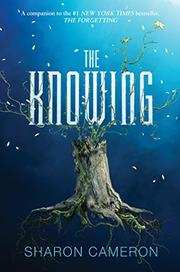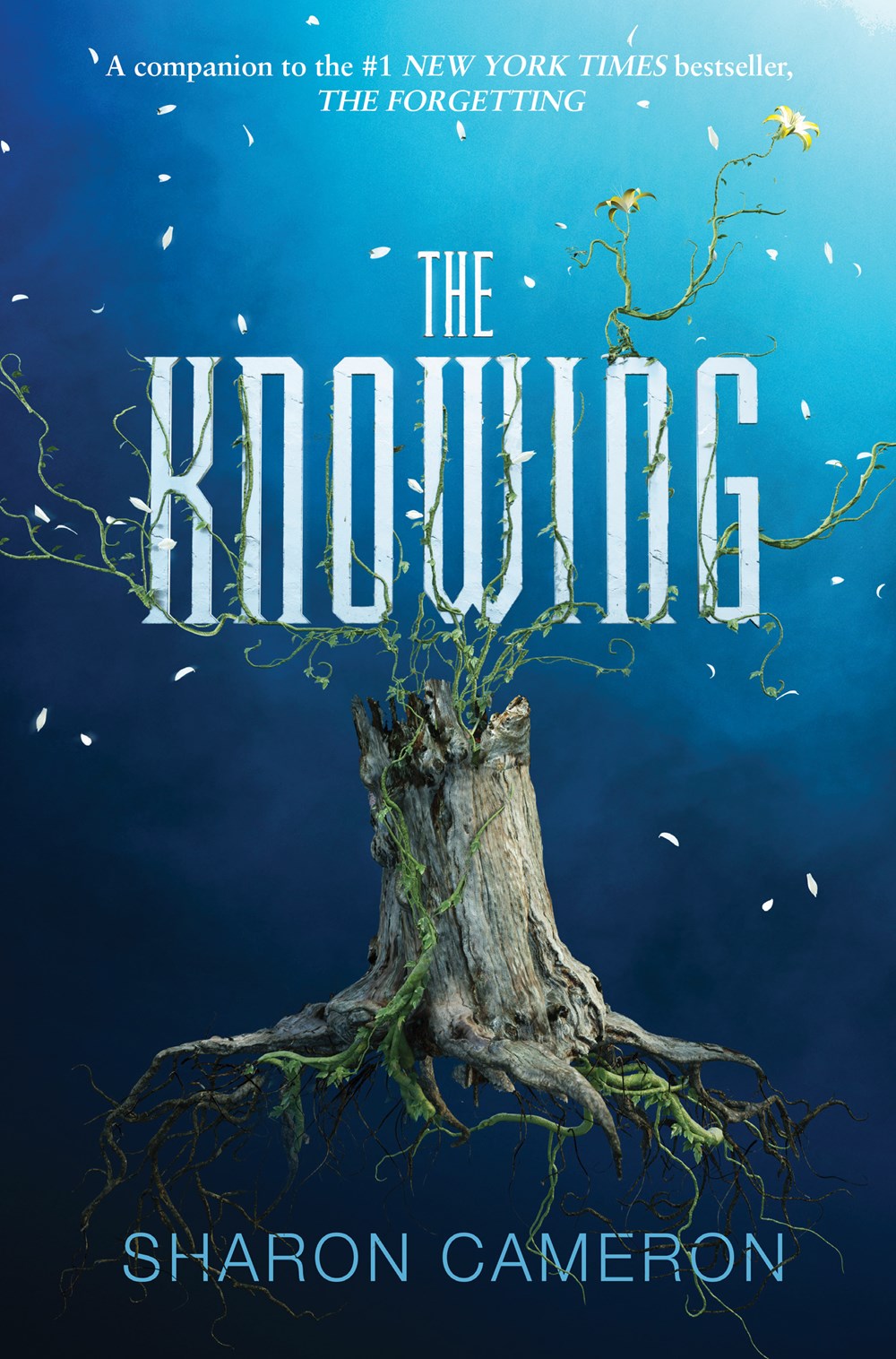Living in a world where books are thought to clutter the mind and technology is shunned in favor of a photographic memory called Knowing, Samara Archiva wants to heal the Knowing with Forgett ing so that the Knowing can find peace. Without Forgetting, pain is a constant for the Knowing, and many commit suicide to escape the process of reliving excruciating memories that never fade. Knowing, which essentially means to remember too much, leaves no room for imagination or dreaming, and from an early age, the Knowing are taught the importance of concealing emotion and for caching memories. Caching, a special privilege of the Knowing, involves organizing the mind by making certain memories and emotions inaccessible until the individual wishes to retrieve them. Not liking the idea of being told how to think, resisting the hierarchy of the Underneath and the injustice of the Outside, and hoping to find a cure before Knowing kills her, Samara joins the rebels.
ing so that the Knowing can find peace. Without Forgetting, pain is a constant for the Knowing, and many commit suicide to escape the process of reliving excruciating memories that never fade. Knowing, which essentially means to remember too much, leaves no room for imagination or dreaming, and from an early age, the Knowing are taught the importance of concealing emotion and for caching memories. Caching, a special privilege of the Knowing, involves organizing the mind by making certain memories and emotions inaccessible until the individual wishes to retrieve them. Not liking the idea of being told how to think, resisting the hierarchy of the Underneath and the injustice of the Outside, and hoping to find a cure before Knowing kills her, Samara joins the rebels.
Many of the details in Sharon Cameron’s dystopian novel, The Knowing, are reminiscent of the Thought Police in George Orwell’s 1984, the psychological conditioning and biological engineering of Brave New World by Aldous Huxley, and the controlling of memory observed in The Giver by Lois Lowry. Like all good dystopian fiction, Cameron takes contemporary issues and exaggerates them to encourage examination and interrogation of what we see.
The Knowing live in a settlement established by the New World Space Exploration (NWSE) team who departed from Earth with the directive to populate the perfect society and to advance the knowledge of the human race. In this social experiment called the Canaan Project, a group of people live without any technology in an attempt to create a society capable of existing in harmony with its world rather than against it. This utopian vision transforms into one mangled and twisted by the guardians of memory and architects of Knowing. Greedy for power, the NWSE leaders promote community values through chants like “united in memory and in our pursuit of beauty, peace, prosperity, and . . . justice” (312) and recitations like “When we remember, we preserve the truth” (46). These repetitions brainwash the Knowing into believing their gifts make them privileged members of a perfect society. In reality, those who lack control or possess an unwillingness to participate in society are dosed with bitterblack, a powerful poison that causes violent and agonizing seizures before death. Individuals who make choices independent of those set forth by the Noble Wardens are deemed unworthy of Knowing and condemned.
After more than five hundred years without contact and without a report on the Canaan Project, Earth has sent a team of anthropological and archaeological specialists to uncover what has become of the lost colonists. Seventeen-year-old Beckett Rodriguez is a member of this research team. Expecting to be sifting through ruins and piecing together archaeological clues, Beckett is surprised by what he finds. After developing a relationship with Archiva and later learning the true purpose of the Centauri III’s mission, Beckett fears what Earth might do with a people with perfect recall. Breaking every research protocol and essentially compromising the mission, Beckett vows to help Archiva in her search for a cure to her constant pain and grief. He also wishes to discover how the Knowing developed their abilities and whether the opposite of knowing is for getting. Readers will be surprised by what the pair uncovers, since both are master secret-keepers.
As this companion book to The Forgetting unfolds, the reader wonders what it might be like to remember every intricate detail of every experience and be unable to lock the door on certain parts of our minds. Cameron intrigues us with other wonderings as well, about whether wisdom is derived from deep knowledge and long memory and whether we would want to live in a world where thinking certain thoughts are against protocol and where it is not necessary to fill your world with mementos as reminders since you never forget.
- Posted by Donna

